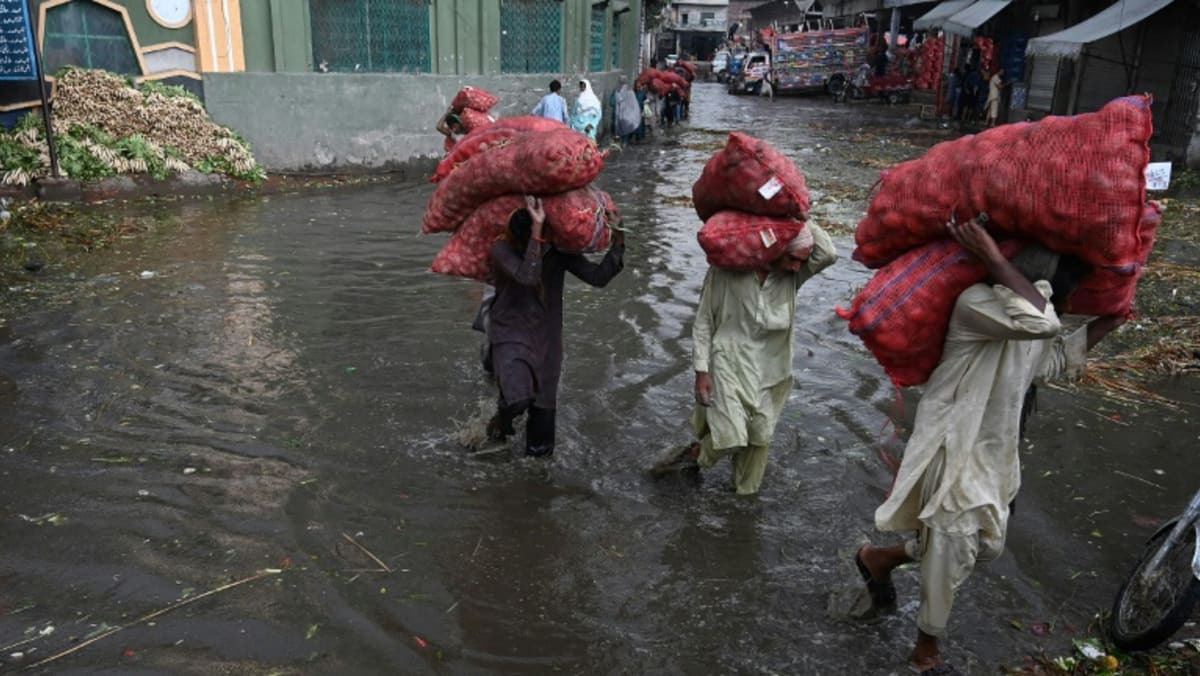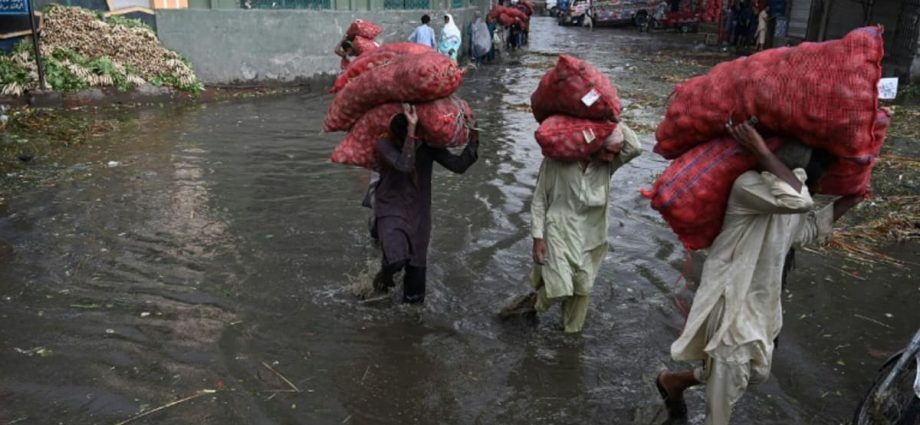
Another expert, Ms Nusrat Nasab, chief executive of Aga Khan Agency for Habitat in Pakistan, told CNA938’s Asia First that a priority is getting basic needs to those affected, especially the vulnerable.
“Initially, of course, food, shelter, health, water and sanitation – these are some of the key areas where the need (for help) is required during this response phase”, said Ms Nusrat, whose organisation helps with disaster and humanitarian response.
Responding to a question specifically on the urgent help that children need, Ms Nusrat said nutrition is a priority for infants. Sanitation is also a “dire need” given the potential spread of diseases like dengue fever, she said.
UNICEF on Monday reported that half of those affected by the floods are children, including at least 3.4 million who need urgent support. More than 17,000 schools have also seen significant damage, further hampering the country’s education infrastructure already hard hit by the COVID-19 pandemic.
Resuming schooling for children will take time as many schools are underwater, Ms Nusrat said.
Beyond relief for immediate recovery, rehabilitation and reconstruction will be a “huge challenge” that will require a lot of resources, said Ms Nusrat, whose agency has trained more than 40,000 people across the country in disaster emergency preparedness.
Collaboration among those providing aid and relief to the country will be crucial in ensuring that beyond short-term aid, there are longer-term efforts to rebuild the country’s infrastructure, Ms Nusrat said.
A majority of people who have been affected by the floods are poor, she noted.
“Their economic situation may not have been very good in the past. Whatever they had, they lost it … coming to a normalcy it’s very difficult for this segment of the society,” she said.
However, Pakistan is a resilient nation, she said.
“People, right now, I would say they’re trying to bounce back,” she said.

